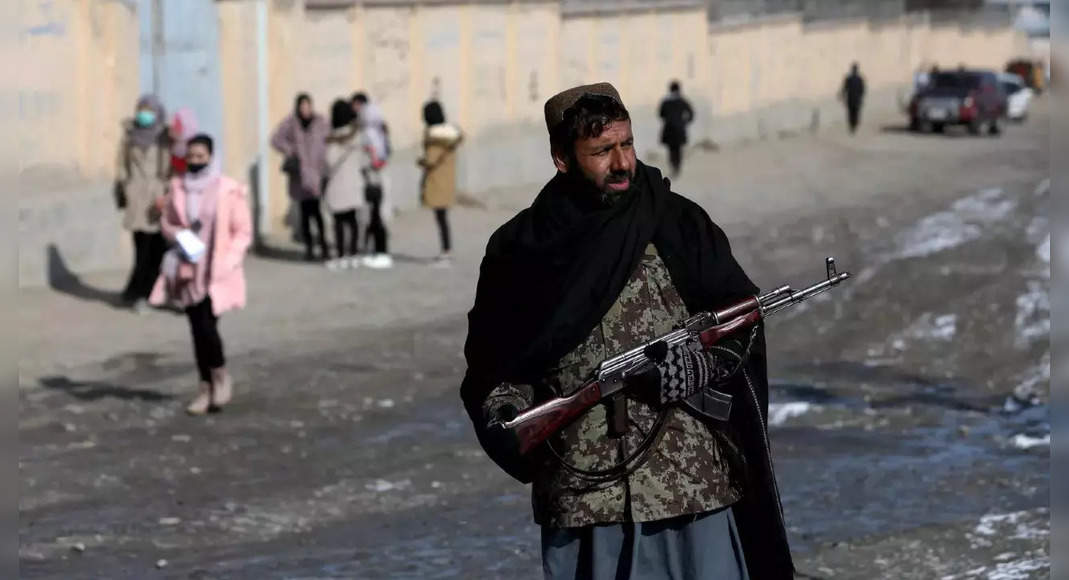Islamabad: The takeover of the Afghan Taliban in August this year has seized more than half of Afghan journalists from their work as more than 40% of functional media outlets in a war-hit country have stopped operations.
Journalists without Borders (RSF) and the Association of Afghanistan Independent Journalists (AIJA), who conducted a survey of the fate of Afghanistan journalists, said on Wednesday that since August 84 journalists and media workers had become unemployed because of restrictions.
“A total of 231 media outlets have been closed and more than 6,400 journalists have lost their jobs since August 15.
Women’s journalists have experienced the most difficult, with four of the five no longer work,” survey revealed.
Of the 543 media outlets operating at the beginning of summer 2021, only 312 were still operating at the end of November.
“More than four of every 10 media outlets have disappeared and 60% of media journalists and employees can no longer work.
Women have suffered more than men …” Read Survey Reports.
Before the fall of the Afghan government supported by the US, there were at least 10 media outlets operating in most Afghan provinces.
“There used to be 10 media outlets in the Mountain Province of Parwan, but now only three are functioning.
In the western city of Herat (third largest) and surrounding provinces, only 18 out of 51 media outlets are still functional – falling 65%.
Central Kabul region, which Having more TV and radio channels than anywhere else, have lost more than one of every two media outlets (51%).
From 148 it was calculated before August 15, only 72 were still operating, “the survey results showed.
RSF and Aija said that new restrictions imposed on media outlets, especially in women’s journalists, and economic and financial challenges are the two main reasons behind the closure of the media outlet and unemployed female journalists.
“Hazardous journalism ‘rules’ open the way to censorship and persecution, and eliminate reporters of their independence, forcing them to notify the officials of the Ministry of Information and Culture what they want to discuss, get their permission to continue and finally tell them about their reporting results In order to publish, “said the report.
“There is an urgent need to control the prominent spiral to disappear the Afghan media and to ensure that respect for press freedom is a priority,” said Reza Moini, head of the Iranian-Afghan desk RSF.







